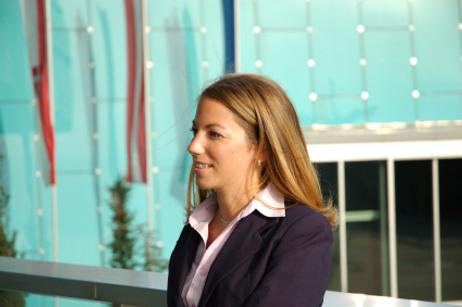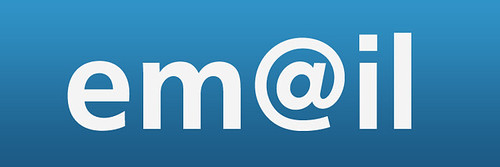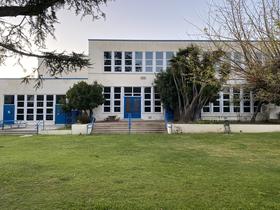I can just hear you thinking "He's got to be kidding. After spending inordinate amounts of my valuable time and resources getting my child into private school, the school can decide it doesn't want her back next year?"
Yes, the school can do that. Sad. But true. Read the contract which you signed with the school when your daughter was first accepted. It very clearly spells out the rights each party to the contract has. One of those clauses states that the school does not have to renew its contract with you automatically. Most contracts have finite terms which are normally for one academic year.
How do you avoid the school sending a non-renewal notice? You make sure that the following are in order:
1. Acceptable academic progress
While it would be nice if your child could be first in every subject she takes, that is asking a bit too much. But you definitely want to keep her in the top third. If the school recommends extra help or even tutoring, don't fight that recommendation. Calculus may have been a breeze for you. But if she is struggling with it, be ahead of the curve. Accept the help offered.
This video offers a look at Academy Hill School in Springfield, Massachusetts.
All they really want is to see are her best efforts and maximum cooperation in achieving good results. There's a larger lesson that





































